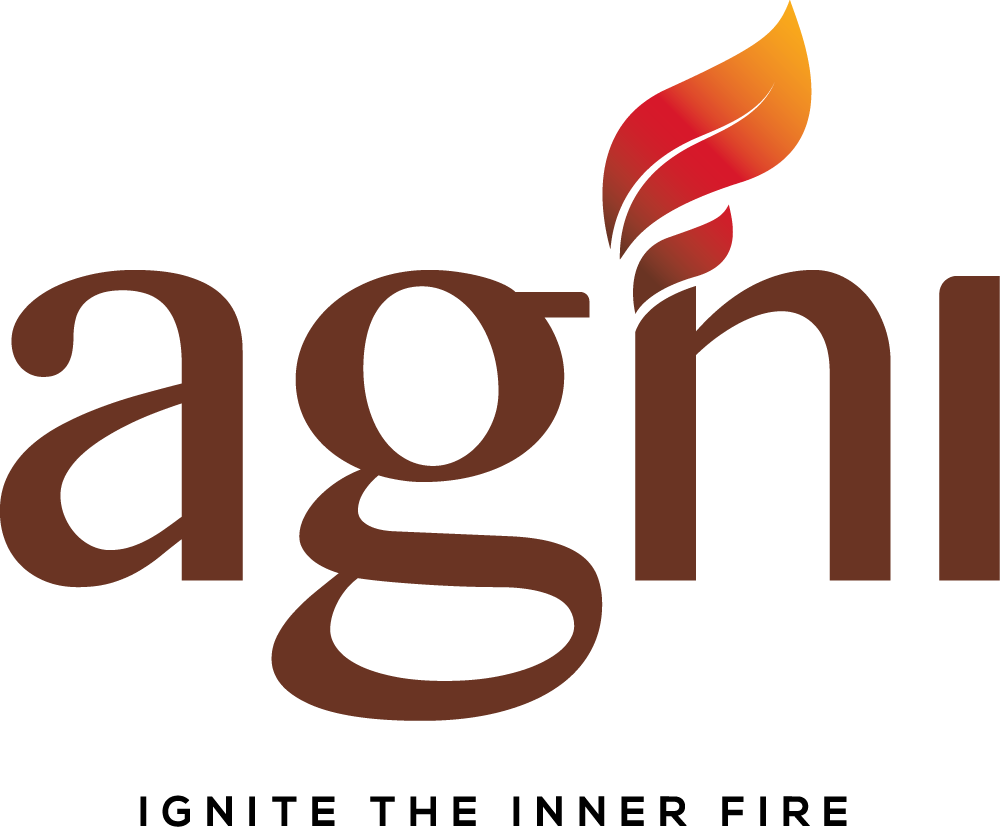Post Traumatic Stress Disorder (PTSD)
PTSD (Post-Traumatic Stress Disorder) and other trauma-related mental conditions deeply impact both the mind and the body, often in ways that are invisible yet profoundly exhausting.
What Is PTSD and Trauma Response?
PTSD is a mental health condition that can develop after experiencing or witnessing a traumatic event, such as abuse, violence, loss, accidents, or prolonged emotional pain.
It can also stem from chronic, less visible trauma (e.g., emotional neglect, bullying, medical trauma, or unstable environments), known as complex trauma (C-PTSD).
How Trauma Affects the Mind and Body
- Mental and Emotional Effects
- Hypervigilance – always on edge, scanning for danger
- Intrusive memories or flashbacks
- Emotional numbness* or dissociation (feeling disconnected from reality)
- Irritability, anger, or sudden panic
- Guilt, shame, or low self-worth
- Avoidance of people, places, or feelings related to the trauma
- Difficulty with trust, relationships, or feeling safe
- Physical Effects
- Fatigue and low energy (body stays in stress mode, depleting reserves)
- Digestive issues (gut-brain connection is disrupted; trauma affects Agni in Ayurveda)
- Chronic pain or tension (muscles hold trauma)
- Sleep disturbances (insomnia, nightmares, restlessness)
- Weakened immunity due to elevated cortisol
Hormonal imbalances from long-term nervous system dysregulation
Long-Term Impact on Energy and Health
The body remains in survival mode (fight-flight-freeze), draining ojas (vital energy in Ayurveda)
- Decision fatigue, brain fog, and disconnection from joy or purpose
- Nervous system dysregulation makes it hard to relax or feel emotionally stable
- Heightened risk for autoimmune disorders, heart disease, depression, or anxiety
- Trauma stored in the body can lead to somatization—where emotional pain becomes physical symptoms
Ayurveda’s Understanding of Trauma
In Ayurveda, trauma is often viewed as a deep disturbance in the Vata dosha, especially Prana Vata, which governs the mind and nervous system.
- Trauma scatters the mind, weakens Sattva (mental clarity), and dries up ojas (resilience).
- Emotional suppression blocks manovaha srotas (channels of the mind).
- Prolonged imbalance leads to Vata-Pitta disturbances like anxiety, panic, insomnia, and burnout.
Ayurveda offers a deeply compassionate, body-centered approach to trauma healing—not by erasing the pain, but by rebuilding the nervous system, mind, and emotional strength from the roots.
Ayurvedic Approach to Healing Trauma (PTSD & C-PTSD)
Core Ayurvedic Goals:
- Stabilize Vata dosha (which becomes disturbed by fear, anxiety, and instability)
- Restore ojas – your vital essence, resilience, and emotional immunity
- Reopen blocked manovaha srotas – the subtle channels of mental flow and expression
- Ground the nervous system through regular, safe sensory experiences
- Daily Practices (Dinacharya) to Rebuild Safety and Stability*
These simple routines send a message to your body: “You are safe now.”
- Wake & sleep at the same time each day (Vata thrives on rhythm)
- Abhyanga (self-massage with warm sesame or Brahmi oil) – calms the nerves, heals stored fear
Pranayama:
- Anulom Vilom – balances breath and thoughts
- Bhramari – calming for overstimulated mind
- Chandra Bhedana – cooling, grounding for Pitta-Vata trauma
- Warm, cooked meals with ghee, turmeric, ginger, and grounding spices
Avoid cold, raw, processed, or stimulatory foods
2. Ayurvedic Herbs for Mental & Nervous Strength
(Only take with guidance if you’re on medication)
Symptom | Herb | Action |
Anxiety, restlessness | Ashwagandha | Rebuilds nervous system, reduces cortisol |
Emotional heaviness, fog | *Shankhpushpi, **Vacha | Clears mental channels |
Sleeplessness | Jatamansi, **Tagara* | Calms mind, supports deep sleep |
Low mood, emotional depletion | Brahmi, **Guduchi, **Licorice | Enhances Sattva, supports clarity and calm |
Weak digestion from trauma | Triphala, **Ajwain, **Fennel | Clears ama, supports gut-brain balance |
Formulations like Manasamitra Vatakam or Kalyanaka Ghrita are used traditionally under supervision for deep-seated emotional distress.
- External Ayurvedic Treatments (Best with a Trained Practitioner)*
- These work by releasing trauma stored in the body and stabilizing the subtle energy system.
Abhyanga (Full-body Oil Massage)*
- Grounds and nourishes nervous tissue
- Builds safety through touch; ideal for Vata-type trauma
Shirodhara (Oil Flow on Forehead)*
- Soothes the mind, helps with insomnia, hyperarousal, and flashbacks
- Excellent for emotional numbness or racing thoughts
Takradhara (Cool buttermilk flow)
- Calms burning, irritability, or Pitta-type trauma patterns
Padabhyangam (Foot Massage)
- Stabilizes energy, reduces overthinking, and promotes restful sleep
Nasyam (Nasal Therapy)
Clears mental fog, improves breathing and emotional clarity
Healing from trauma is not linear, and Ayurveda understands that healing must move through the body, not just the mind.
By grounding, warming, nourishing, and listening inward, you gradually remind your nervous system that peace is not a threat—it’s your nature.




